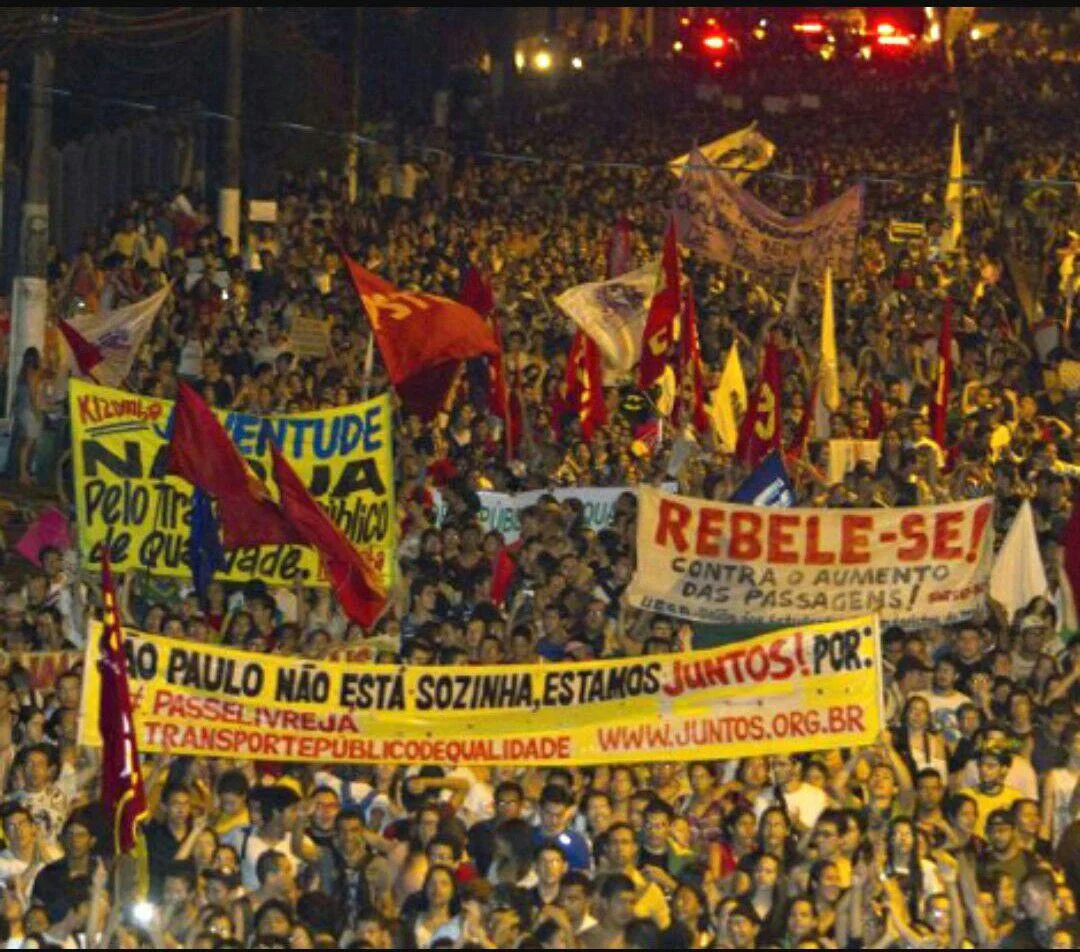The International Media’s Untold Story: After the Conservatives’ Parliamentary Coup
(Source: naftemporiki.gr)
Written by Haesook Kim (Director, International Strategy Center)
The International Tribunal for Democracy convened in Rio de Janeiro from July 19 to 20. Organized by Brazil’s Popular Front and the Brazilian Jurists for Democracy along with other social movements, the tribunal was put together to rule on the opposition parties’ parliamentary coup against currently suspended President Dilma Rousseff and examine its impact on democratic order in South America. While the ruling does not carry the weight of law, the two-day tribunal was conducted with the gravity of an actual trial and was observed by experts from Mexico, Argentina, France, Italy, Spain, the United States and other countries.
Azadeh Shahshahani, a U.S.-based human rights lawyer and member of the mock jury, described the tribunal as an effort “to make transparent to the world the debate on this process of impeachment” against Rousseff, adding that it marks “a new type of coup.”
The International Tribunal for Democracy was modeled after the Russell Tribunal, also known as the International War Crimes Tribunal, that symbolically put U.S. foreign policy and the military intervention in Vietnam on trial in the 1960s. The panel of international jurists in Brazil unanimously found that the removal of Rousseff from office “violates all the principles of the democratic process and Brazilian constitutional order.”
Rousseff’s rivals started the impeachment process as a bid against government corruption, passing the proposal in the lower-house Chamber of Deputies on April 17 and the upper-house Federal Senate on May 12. But the rampant and massive fraud in the ranks of the opposition, coupled with wiretap evidence that high-level figures plotted with her ouster to block investigations of corruption, has revealed that the motives behind removing Rouseff from office had more to do with protecting corruption than prosecuting it and with grabbing the power conservatives failed to win at the ballot box.
In fact, a recent report by the Public Prosecutor’s Office found that Rousseff had not committed any crimes in manipulating the government's budget accounts and called for the criminal investigation to be shelved. The report was a complete contradiction to the argument put forth by conservatives. The report by Ivan Claudio Marx, prosecutor of the republic, said Rouseff’s delaying of payments to state banks were a violation of a contract between the government and banks but not a crime. This practice was widely employed by previous presidents, none of whom were then subjected to an impeachment process.
The Brazilian Constitution states that presidents may only be impeached if they have committed a “crime of responsibility” or a serious crime. Marx specified that the maneuvers made by Rousseff did not constitute a serious crime. Although the report is not legally binding on the impeachment process, the findings seriously undermine arguments by politicians backing Rousseff's ouster.
In an interview with Radio Guaiba, Rousseff said the report shows there is no legal basis to impeach her and that this impeachment is no more than an indirect election (of the current acting president, Michel Temer) by the National Congress. She also said she may order a plebiscite on Brazil’s political future allowing the people to decide whether or not she should remain in office.
Rousseff is currently awaiting the final vote on her fate. To impeach the president, two-thirds (342 out of 513 seats) in the Chamber of Deputies are needed with all members free to express their opinions. Then, impeachment is discussed and voted in the Federal Senate where two thirds (54 out of 81 senators) need to vote for impeachment to pass it. The final vote on the impeachment of Rousseff is scheduled for Aug. 16 during the Rio Olympics.

